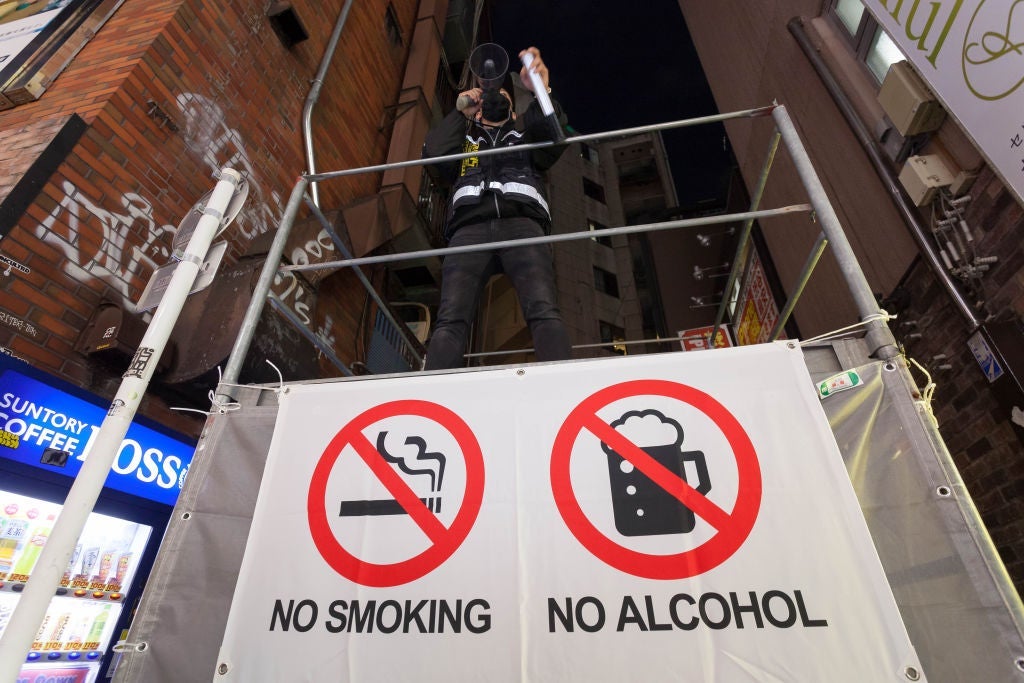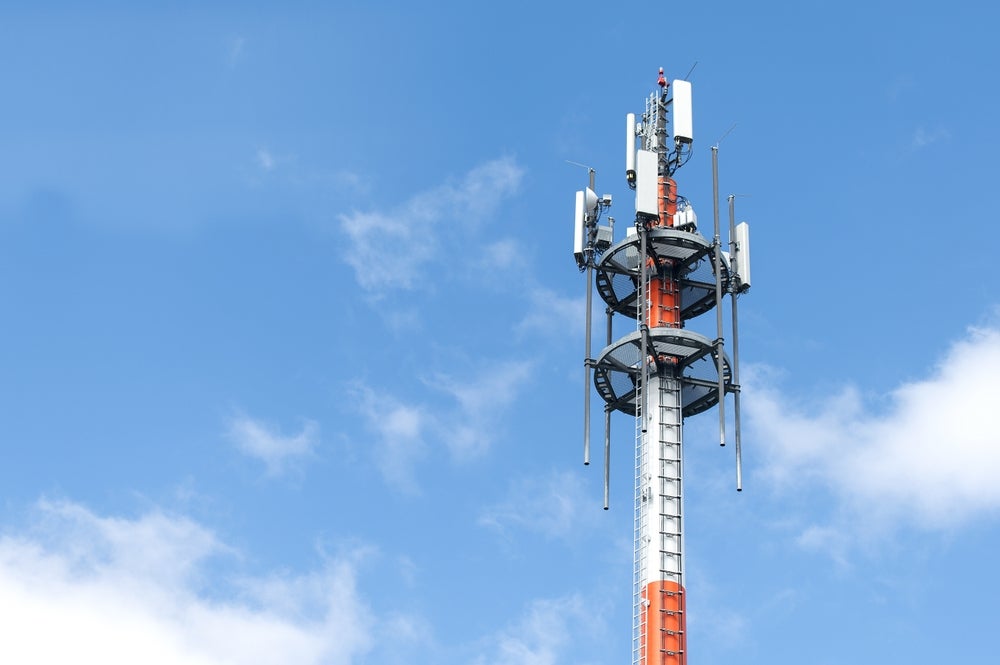
Not long ago doctors would appear in advertisements highlighting the health benefits of smoking. No one needs a reminder as to how that panned out, with smoking now banned in indoor venues in many countries. Lighting up is now seen by many as socially unacceptable, and there are early signs that alcohol is heading down this same route. Indeed, the business of sobriety is being tapped by big drink players and newcomers in the beverage sector alike.
From campaigns centred around taking a temporary break from drinking, such as Sober October and Dry January, to the more general trend of trend of eating and drinking in a more healthy manner, there appears to be a thirst among many to lower their alcohol intake.
Alcohol companies have taken note and more and more have launched their own low-alcohol or alcohol-free drinks, from multinational beverage companies to small, independent craft beer brewers.
It doesn’t stop there. Drinks such as hard seltzers (sparkling water with a little bit of alcohol) are taking the market by storm, while healthier alternatives such as kombucha, kefir and CBD-infused sparkling waters are rising in popularity.
Everyone knows that alcohol is bad for them, just as smokers were (eventually) aware of the damage their cigarettes were doing to their lungs. So will alcohol consumption suffer a similar decline to that of tobacco?
A pandemic in a bottle
To no one’s surprise, the Covid-19 pandemic has made things worse when it comes to alcohol consumption. There was a sharp increase in alcohol-related deaths in the UK in 2020, according to a study by the Office for National Statistics (ONS) at the end of 2021.
How well do you really know your competitors?
Access the most comprehensive Company Profiles on the market, powered by GlobalData. Save hours of research. Gain competitive edge.

Thank you!
Your download email will arrive shortly
Not ready to buy yet? Download a free sample
We are confident about the unique quality of our Company Profiles. However, we want you to make the most beneficial decision for your business, so we offer a free sample that you can download by submitting the below form
By GlobalDataThere were 8,974 deaths related to alcohol-specific causes registered in the UK in 2020, equivalent to 14 deaths per 100,000 people. That was 1,409 more deaths – an 18.6% increase – than in 2019 when there were 7,565 registered deaths related to alcohol-specific causes, equivalent to 11.8 deaths per 100,000 people.
Between 2012 and 2019, rates of alcohol-specific deaths in the UK did not see any significant changes. They “remained stable”, according to the ONS, and there were no statistically significant differences in the year-on-year rates. However, the rates the ONS reports for the year 2020 are statistically significantly higher than 2019 and any other year since 2001, when there were 10.6 deaths per 100,000 people.
New alcohol trends in bars
So given that people are fully versed in the dangers of alcohol consumption (and, frankly, who has time for a hangover nowadays?) what does this mean for social drinking? Well, people are in fact turning to healthier ways of unwinding at the end of a long day at work or are looking for options at a bar that won't pound their liver. Long gone are the days of alcohol-free beers being scarce in both choice and flavour, and more and more options to drink adventurously while staying off booze are popping up every day.
In fact, the low and no-alcohol category increased its share within the total beverage alcohol market to 3% in 2020, and total volume is forecasted to grow by 31% by 2024, according to the No- and Low-Alcohol Strategic Study 2021 by IWSR Drinks Market Analysis.
The report looks into no and-low alcohol consumption across ten countries (Australia, Brazil, Canada, France, Germany, Japan, South Africa, Spain, the UK and the US) that represent about 75% of the world’s consumption of these types of drinks.
The US, which is the second-largest market for low and no-alcohol drinks after Germany, saw an increase of 20% in the market segment in 2020. Such studies show how even though alcohol-related deaths went up during 2020, the pandemic has also shifted consumers’ attitudes towards alcohol as many look to adopt healthier lifestyles.
A sober generation?
Regular, heavy drinking can bring with it increased blood pressure, anxiety, headache, muscle aches, nausea, liver problems and a host of other health issues, and this is a message that seems to be getting through to younger generations.
According to an ONS report on adult drinking habits in the UK from 2017, young people between 16 and 24 are the group less likely to drink alcohol, although when they did drink they were more likely to binge drink.
This is a trend not lost to the tech sector, and there are now apps to help people in their sobriety journey, be it to go completely teetotal or to reduce their alcohol intake.
The tobacco industry hasn't been completely wiped out – any workplace or bar will still have a huddle of hardy smokers stood outside feeding their habit – and alcohol will not just be flushed away overnight either, but drinking habits are changing, and this change is bringing with it business opportunities. Unlike tobacco, however, alcohol is much more ingrained in Western society's social spheres, so it will be a long time before the hangover becomes a thing of the past.






